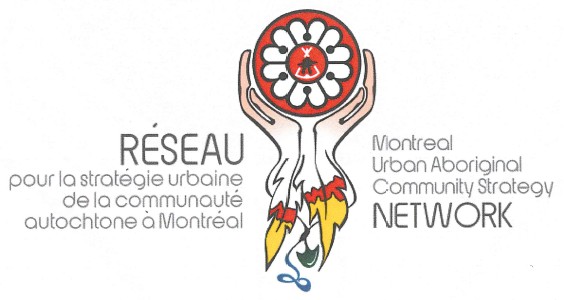The Montreal Urban Aboriginal Health Committee (MUAHC), an organization mandated to empowering the health of Montreal’s Aboriginal communities, has successfully brought the city’s mayor, Denis Coderre, and his cabinet into public consultations to open an Aboriginal health centre in Montreal. The health centre would provide free services to those of Aboriginal descent, including primary care, infectious disease treatment, chronic disease treatment, addiction treatment, traditional medicine, pediatric services, family services, homelessness and housing services, and cultural safety services.
On Jan. 19, MUAHC released a petition on its website seeking 15,000 signatories in order to be granted public consultation with the municipal government to discuss securing a building for the health centre. Members collected signatures in person on Jan. 20 at the Students’ Society of McGill University and on Jan. 21 at the Montreal Women’s March demonstration. However, Coderre agreed to hold public consultations even without the collection of the 15,000 signatories.
The centre would be the first of its kind in Montreal. In a press release, NETWORK—an organization that improves the quality of life for Montreal’s Aboriginal communities— stressed the importance of the new facility.
“While more than 12 Canadian cities have an Aboriginal health centre, Montreal, Canada’s second largest city, does not,” NETWORK wrote in a press release on Jan. 19, 2017. “In 2011, the Directeur de santé publique de Montréal highlighted the ongoing health and social inequalities for urban Aboriginal people in Montreal. The Directeur noted that the Aboriginal people of Montreal do not have easy access to health and social services, and emphasized that without appropriate support, these inequities can deepen.”
The press release cited a number of statistics from the National Collaborating Centre for Aboriginal Health indicating that members of Canada’s Aboriginal communities are at a higher than average risk of suffering from numerous medical ailments.
“While Aboriginal peoples comprise 3.8 per cent of Canada’s population, they account for 8 per cent of people living with HIV and 12.5 per cent of new infections,” NETWORK wrote. “Aboriginal peoples are also 26.4 times more likely to develop tuberculosis and are among the highest risk populations for diabetes and related complications. The rate of infant and child morbidity, adult and youth suicide, and infectious diseases is also much higher among Aboriginal populations.”
MUAHC has previously held a number of consultations with the provincial and federal government, including with the Ministère de la Santé et des Services sociaux, the Public Health Agency of Canada, and Aboriginal Affairs Canada, among others. Sean Yaphe, the co-coordinator at the Montreal Urban Aboriginal Health Committee, recognizes that there is more work to be done.
“Despite [the consultations], no substantive progress has been made in developing a holistic Aboriginal health centre,” Yaphe wrote in an email to The McGill Tribune. “Although multiple levels of government have shown interest, the response so far has been slow and fragmented.”
Currently, the organization is considering moving into the former Centre for Tuberculosis located on Rue Lucien-L’Allier. In addition to finding a location, MUAHC is also seeking funding and staff for the centre.
“Many doctors, nurses, elders, and healers working in the Aboriginal community have expressed interest in working in the health centre,” Yaphe wrote. “Fundraising and applications for funding sources will also be extremely important in the coming months in order to sustain the development of continued services of this project. We also require a mandate from the Ministère de Santé et des Services sociaux.”
The McGill Student Health Service does not offer any specific services for Aboriginal peoples. In an email to The McGill Tribune, Hashana Perera, the director of the McGill Student Health Service, said that demand for such services has not been expressed.
“We haven’t had any concerns expressed or […] seen a need to specifically direct resources toward our Aboriginal students,” Perera wrote. “If we did learn of any concerns, we would be happy to come up with a solution.”








